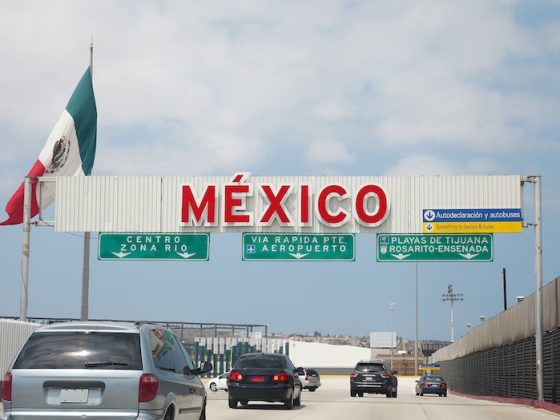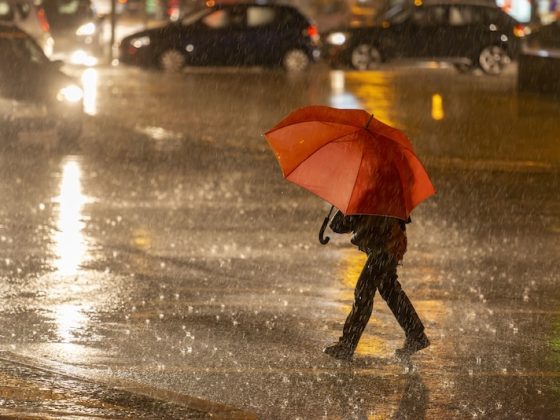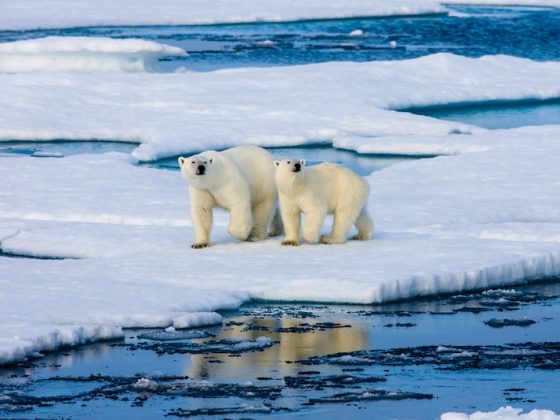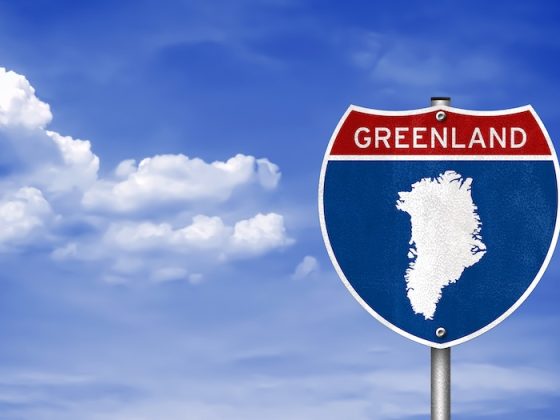In this week’s world news roundup move between environmental danger, geopolitical tension, and long-running battles over justice and migration. A deadly snowstorm in Chile’s famed Torres del Paine National Park leaves five tourists dead, while AI helps uncover the hidden world of Africa’s rarest wild cats. Bangladesh falls deeper into political crisis after its former prime minister is sentenced to death, and the Netherlands takes a major step toward easing an economic rift with China that threatened Europe’s car industry.
Meanwhile, Washington’s Venezuela dilemma recalls a fraught Cold War precedent, and a new asylum policy in the UK extends wait times to an extraordinary 20 years—sparking outrage across the political spectrum. In this world news roundup, here’s what’s making headlines this week.
Storm Disaster in Chile
A fierce snowstorm swept unexpectedly through Torres del Paine National Park, killing five tourists and stranding dozens more in one of South America’s most iconic trekking regions. The storm hit with almost no warning, collapsing visibility and leaving trails coated in ice and deep snow. Rescue teams battled extreme conditions to reach those trapped, with officials noting that climate-driven weather volatility has made high-altitude tourism increasingly hazardous.
Authorities have launched an investigation into whether alerts were sent quickly enough and whether tour operators should have suspended excursions earlier. The tragedy has reignited debate over safety protocols in Patagonia’s national parks, where visitor numbers have surged in recent years. For many climbers and hikers, the incident is a sobering reminder of how quickly beauty can turn deadly in one of the world’s most unpredictable landscapes.
Read more like this: 11 Great Reasons to Move to Chile
Africa’s Elusive Cat
Africa’s golden cat—a solitary, elusive feline found only in the rainforests of Central and West Africa—has long been considered one of the continent’s most mysterious predators. In Uganda’s Kibale National Park, where researchers recently captured rare footage of a golden cat investigating a wire snare set for bushmeat, conservationists say sightings are so infrequent that population estimates remain guesswork. Dense canopy, nocturnal behavior, and heavy poaching pressure have pushed the species deeper into the shadows, making even basic data nearly impossible to gather.
Now, scientists are using AI-powered camera traps to change that. Dozens of smart sensors placed across Ugandan forests and neighboring habitats are helping researchers identify individual cats, map their ranges, and track how they respond to human disturbance. Early findings show that the golden cat’s habitat is shrinking faster than expected as logging fragments forests and snaring intensifies. For the first time, conservationists can quantify where the species is surviving—and where it’s silently disappearing. For a cat so seldom seen that it once bordered on myth, AI may be the only tool capable of pulling it back into view, and perhaps, toward real protection.
Read more like this: The New Africa Travel List

Death Sentence Rocks
Bangladesh was thrown into turmoil this week after a special tribunal sentenced former Prime Minister Khaleda Zia to death on treason charges linked to her alleged role in a historic political uprising. The ruling intensifies decades of bitter rivalry between Zia and current Prime Minister Sheikh Hasina, whose government critics accused of weaponizing the judiciary to eliminate opposition. Supporters of Zia have condemned the trial as politically motivated and fundamentally flawed.
The verdict has sparked protests, strikes, and international alarm, with human rights groups warning that Bangladesh is sliding deeper into authoritarianism. Western governments have called for transparency and due process amid fears that the execution—if carried out—could trigger widespread unrest. For Bangladesh, the judgment marks a new chapter in an already volatile political landscape, raising questions about the country’s democratic future.

Trade Tensions Ease
The Netherlands has taken a significant step toward defusing its escalating dispute with China, announcing a compromise that will allow Dutch semiconductor-related exports to continue under stricter licensing rules. The move helps avoid a full-blown economic rift that threatened to disrupt car production across Europe, where Chinese electric vehicles and Dutch-made chipmaking machinery are tightly intertwined.
European manufacturers had warned that prolonged tension could cripple supply chains and slow the continent’s EV transition. By agreeing to a calibrated export framework, Dutch officials hope to preserve both national security priorities and economic stability. Analysts say the agreement may set a precedent for how mid-sized economies navigate intensifying pressure between Washington and Beijing, balancing commercial survival with geopolitical demands.

Washington Weighs
As the U.S. debates how to respond to Venezuela’s deepening political and humanitarian crisis, analysts note that some officials are quietly revisiting America’s 1989 invasion of Panama as a potential—yet deeply imperfect—analogue. The Panama operation, which removed dictator Manuel Noriega, is seen by some hawks as proof that rapid military intervention can succeed when diplomacy stalls. But scholars warn the comparison is misleading: Venezuela is larger, more fragmented, and more closely aligned with global rivals.
The Biden administration has not endorsed military action, but discussions highlight the difficulty of crafting a strategy that pressures President Nicolás Maduro without worsening the suffering of civilians. With Venezuela’s collapse driving mass migration across the Americas, Washington faces mounting domestic and regional pressure to act—yet remains haunted by the legacy of past interventions.
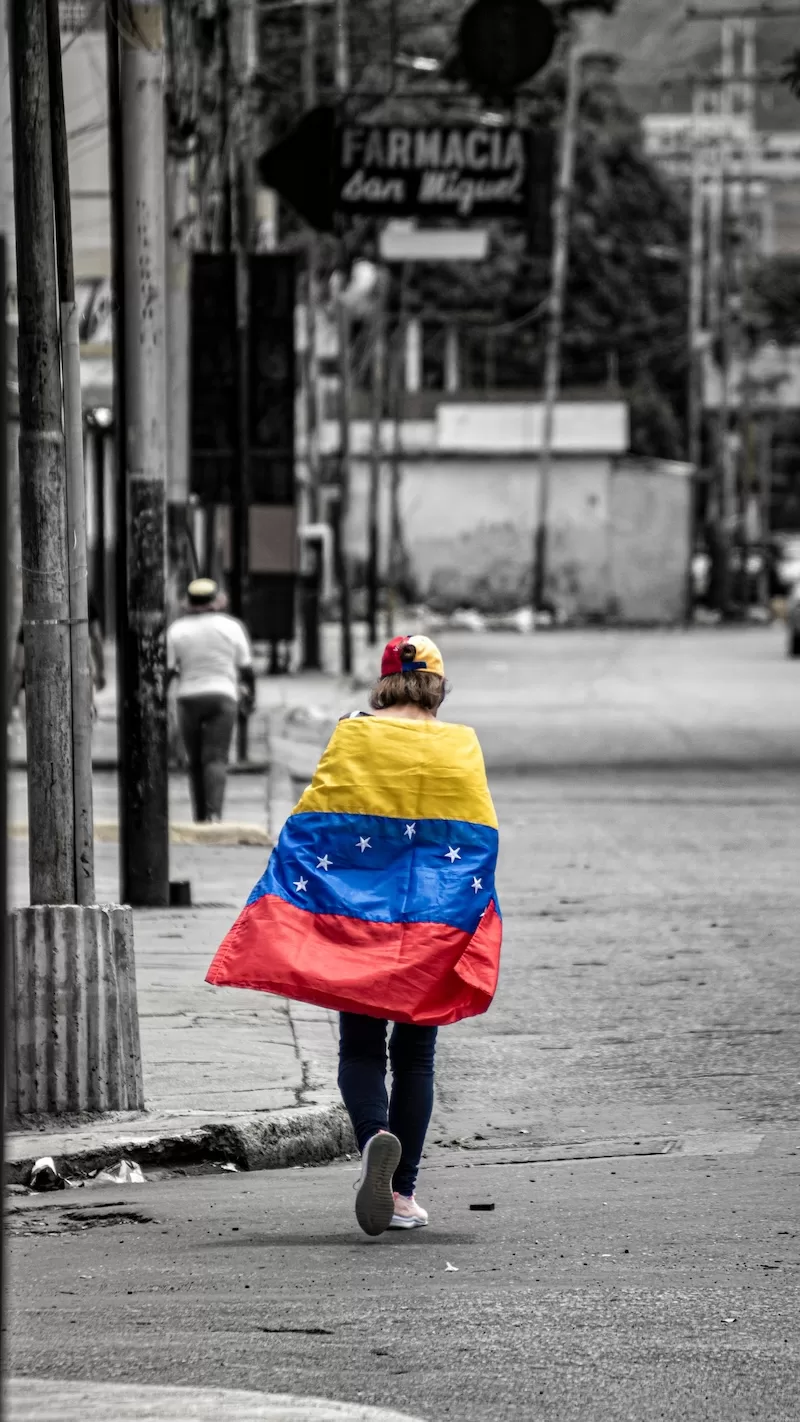
Read more like this: 17 More Countries Drop All Travel Restrictions
Asylum Outrage
The UK government has unveiled a controversial proposal that would require some asylum seekers to wait up to 20 years before receiving permanent residency—a dramatic extension of an already slow and backlogged system. Officials argue that the rule will deter irregular migration and restore credibility to the asylum process. Critics, however, call it punitive and unworkable, noting that it effectively condemns people to decades of limbo with limited rights and uncertain futures.
Humanitarian groups warn that the policy could violate international obligations and strain local councils already struggling to support asylum seekers. The announcement has triggered protests, parliamentary backlash, and legal challenges. For migrants and advocates, the plan represents one of the harshest asylum restrictions in modern British history—and a defining test of the country’s global human-rights reputation.
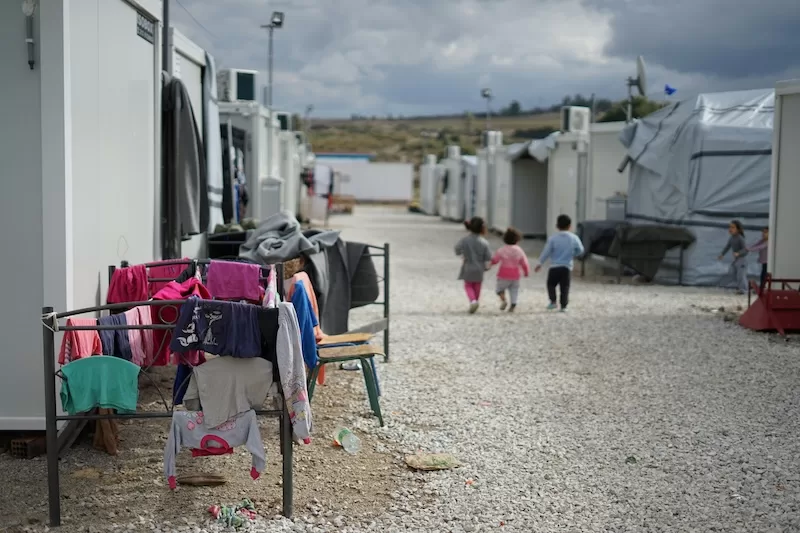
Read more like this: Previous Week’s World News Roundup
Contact Author
"*" indicates required fields
Stay Ahead on Every Adventure!
Stay updated with the World News on Escape Artist. Get all the travel news, international destinations, expat living, moving abroad, Lifestyle Tips, and digital nomad opportunities. Your next journey starts here—don’t miss a moment! Subscribe Now!



